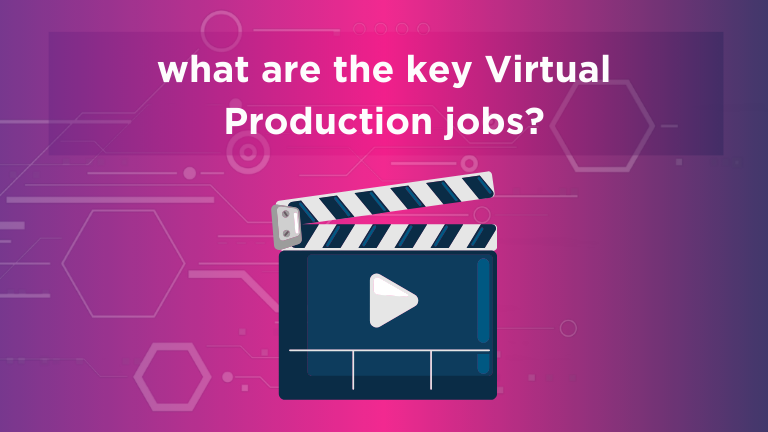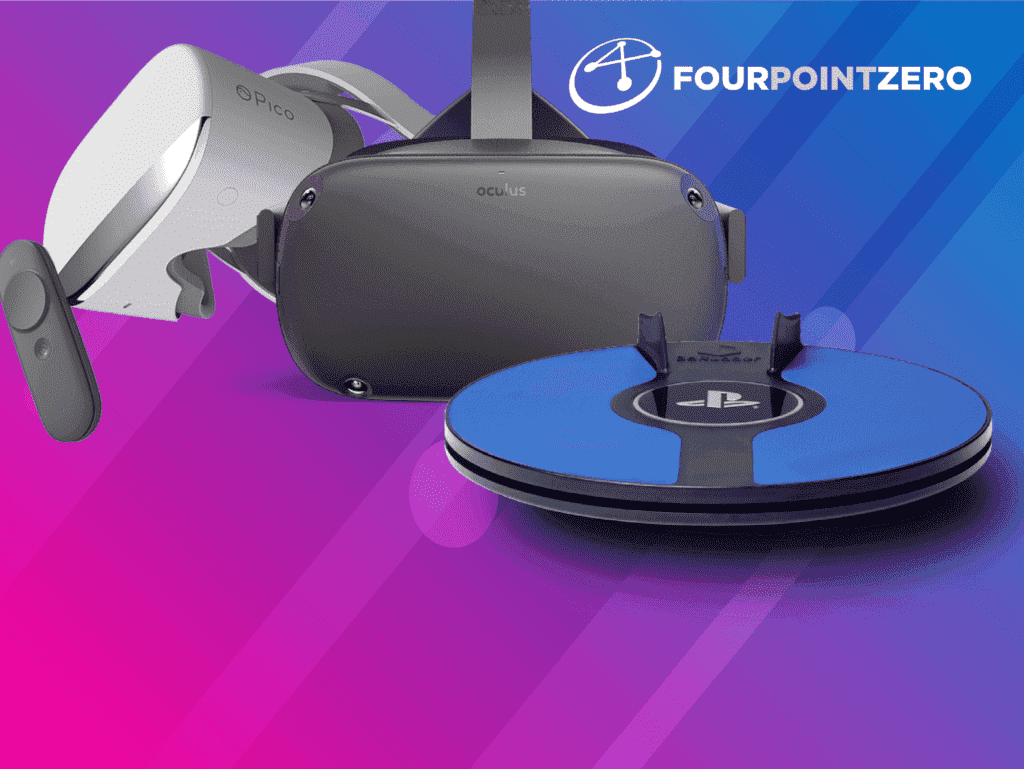What is the Metaverse?
Wherever you look, it feels like everyone is talking about the Metaverse right now. Considered to potentially be worth “trillions” in the long-term, the Metaverse promises users a new form of digital experience and a new world of opportunities to explore.
But what exactly is the Metaverse?
Though the concept of a “metaverse” has been around for over a decade, it’s only now we’ve only recently begun having more in-depth conversations about what this idea actually means. Like with many new technologies, there’s a lot of confusion in the marketplace right now. And many false definitions lead tech enthusiasts astray.
Let’s figure out what the Metaverse really means.
Yes, but what exactly is the Metaverse?
The Metaverse is a concept in technology that involves connecting our real and digital realities on a deeper level. Imagine a world where you can work in virtual reality, and buy digital art using decentralized markets. And connect with a vast community wherever you are. That’s essentially what you’ll get with the Metaverse.
Mark Zuckerberg, one of the biggest names in Metaverse technology today, and the founder of Meta (previously Facebook), describes the Metaverse as an “embodied internet”. In other words, it’s a way of connecting with the digital world on a new level, bringing content to you through tools like Augmented Reality (AR) or Mixed Reality (MR), or leaping into experiences through Virtual Reality (VR) and gaming.
The Metaverse represents a future where we can enjoy a stronger connection between our digital and physical lives. You can build your wardrobe and showcase your personality with custom avatars rather than physical clothes or trade art through NFTs.
At the core of the Metaverse are a series of crucial technologies, including:
Blockchain: One of the central ideas guiding the creation and use of the Metaverse is the concept of a more “decentralized” and universal internet environment (web3 or web 3.0). Blockchain helps to build this decentralized environment. This gives users more control over their online identities and reducing the control of major global brands like Amazon and Google.
Artificial Intelligence: Strengthening the connections between digital and physical realities requires computers to better understand human beings, processes, and things. Artificial intelligence builds a foundation for interacting with machines more effectively, reducing the gap between the real and digital worlds.
Extended reality (XR): Extended reality allows us to interact with the “embodied” internet in various ways. We can use Virtual Reality to step into digital environments. Or use Augmented Reality and Mixed Reality to bring digital content into the real world.
Additional technologies are also beginning to significantly impact the Metaverse, Such as 5G (for better connections to the internet wherever you are), to IoT (for stronger interactions between people, processes, and things).
How is it Different to Extended Reality (XR)?
So, what makes the Metaverse different to extended reality (XR)?
Countless tweets and articles discussing the Metaverse make XR and the Metaverse seem interchangeable. Talk about bringing the digital and real worlds together, and most people automatically envision an extended reality.
However, XR is just one component of what makes the metaverse special.
While many experts agree the Metaverse started with the “gaming” landscape, virtual events, and extended reality (XR) experiences, you should be aware of some significant differences between XR and Metaverse. The core differences include:
Ownership: The Metaverse and Web3 (a future of decentralized internet access) go hand-in-hand. When you access the Metaverse, you’re entering an environment where content creators can own all of their own code, technology, and applications. Every XR experience is owned and managed by a specific company in today’s XR landscape. For instance, various Virtual Reality (VR) apps are built on Steam Virtual Reality (VR) or the Oculus store.
Technology: The Metaverse and XR are technologies committed to enhancing our reality experience. However, Extended Reality (XR) is only one part of the Metaverse. The Metaverse includes many digital experiences. These include online communities on video games and artists sharing NFTs online to monetize their work. And shopping in virtual marketplaces.
Reality: The extended reality (XR) landscape is designed to create powerful experiences which enhance your existing world. The Metaverse, if implemented correctly, will create a new world in which digital and physical concepts are naturally aligned. Innovators in the Metaverse are already developing ideas for new workplaces, learning landscapes, and community spaces where we can interact with peers.
The Metaverse is a new reality built around the concept of more open, engaging experiences in the digital world. A successful metaverse will introduce us to a future of endless innovation. And fantastic opportunities to interact with technology on a consistent, seamless basis.
Extended reality (XR) is a tool used for leveraging the Metaverse. It’s one of the many ways we can experience Metaverse’s unique environments. Or leverage valuable information and assets from a digital landscape in our world. However, the XR space doesn’t define the Metaverse on its own.

Is it the Next Generation of the Internet?
The Metaverse represents an exciting opportunity for companies, professionals, and individuals alike. Built around concepts of data sovereignty, privacy, governance, and honesty, this landscape depicts an ideal future of digital transformation. According to people like Mark Zuckerberg, the Metaverse is a critical component of the “next generation” of online experiences.
Currently, we’re still in the early stages of discovering what the Metaverse is. And what it can do, and how it might be able to benefit the world on a significant scale. Implemented correctly, the Metaverse will allow companies to develop better experiences for customers and improve collaboration among distributed teams.
The Metaverse could improve sustainability by reducing our consumption of physical goods. This allows us to enjoy more experiences in the digital world. This landscape opens the door to new economies and concepts like NFTs and improved virtual communities.
As technological innovations continue to define what the “metaverse” might be capable of in the years to come, our definition of this technology may change. What we do know for certain is that the Metaverse is an incredible opportunity gaining more momentum by the moment.




